Alianza Solidaria seeks to launch a digital classroom project to stop school dropouts among children from Latin American vulnerable families.
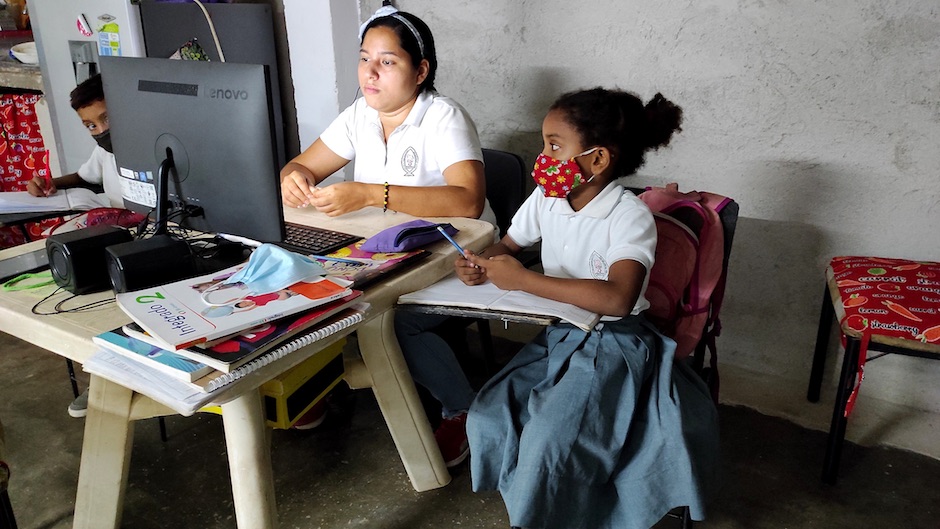 A teacher teaches some students who do not have a computer. / Alianza Solidaria.
A teacher teaches some students who do not have a computer. / Alianza Solidaria.
One of the areas in which it is most evident that the pandemic has not affected all continents in the same way is in the education.
Last March, UNESCO (United Nations Educational, Scientific and Cultural Organization) warned that “24 million children and youth are at risk of dropping out, and over 100 million children will fall below the minimum proficiency level in reading due to the impact of school closures”.
The vast majority of them in the world’s southern and eastern regions.
In Latin America, a report from the same organization, published in September of 2020, showed that 97% of students had been deprived of their normal schooling, and that 137 million children had missed an average of 174 school days.
These are figures that, according to UNESCO, could cost the region up to 1.2 billion dollars in eventual income.
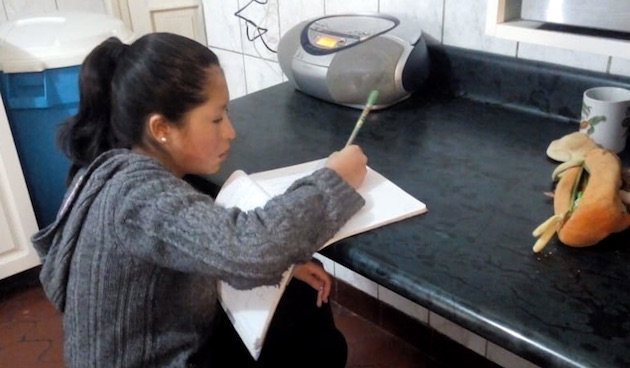
“In Latin America the impact has been terrible economically. So much so that, in relation to the fight against poverty, we can say that, in a single year, all countries have regressed to the situation they had 20 years ago. The worse the starting situation was, the worse the impact. The poverty rate has increased an average of 11 points in each country. The unemployment rate tripled in the first quarter of the pandemic alone” , explained Francisca Capa, president of Alianza Solidaria, the social branch of the Spanish Evangelical Alliance.
All this stress “has fallen on the children, so that there are not only many children who go to bed without eating, but children are suffering serious emotional problems because they are living in broken homes”
The organization is now promoting a project for digital classrooms to stop school dropouts among the most vulnerable families in Latin America.
According to UNESCO, about a third of the world's school population (463 million students) does not have access to distance learning. This mainly affects regions such as Southeast Asia or Latin America.
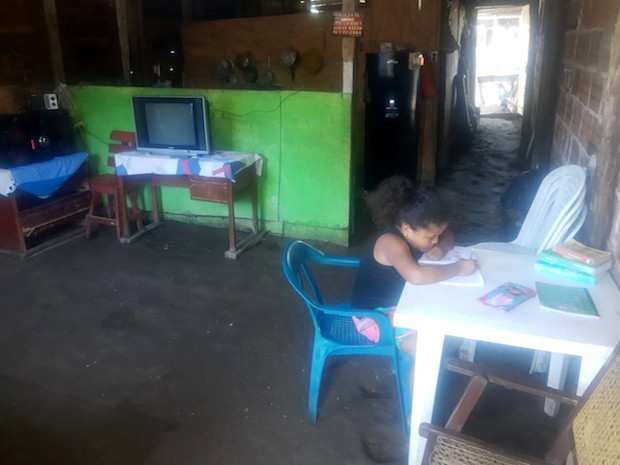
“Classes were suspended and students went to virtual education overnight. Although each country allocated resources to digitize education, this aid often did not reach the most needy. The reality was that the majority of the schools, nor the majority of the families, especially the most vulnerable, were able to fully access this type of education”, said Capa.
She recalled that “the procedures to access certain grants had to be done virtually, which greatly limited access to them. This was the case of the families at the schools with which we collaborate. They had to go to the schools to request help processing the grants from the school staff. Data SIM cards were also offered, but families did not have devices”.
Furthermore, “the indigenous areas did not have access to this type of education because there was no internet coverage in their area. The aid was diverse, but due to the characteristics of the most vulnerable population, they did not have the expected impact”, added the president of Alianza Solidaria.
The rapid change from the classroom method to virtual education that many countries have established, has not only left little room for adaptation by families in vulnerable situations; schools and teachers have not been able to adequately adapt their activity to the circumstances either.
As a result, warns Alianza Solidaria, “many children from vulnerable families are at serious risk of dropping out of school”.
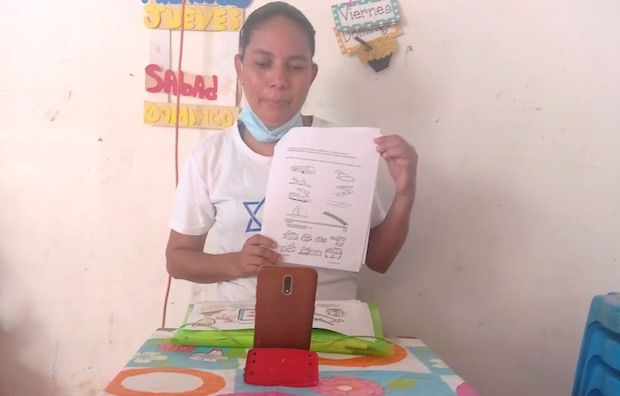
[photo_footer] Many teachers do not have the technical support to adapt their teaching methods. / Alianza Solidaria. [/photo_footer]
“This is due to many factors: on one hand, there are no face-to-face classes; on the other, schools do not have sufficient means to teach virtual classes and children do not have the means to access this type of education; furthermore, parents have neither the skills nor the training to help their children in this new model”, pointed out Capa.
According to the president of Alianza Solidaria , all this leads to “parents thinking that children would be better off working, contributing something to the home. It is tragic that the students who leave the educational system now, never return”.
With the 'Connecting' project, Alianza Solidaria seeks to “keep children connected with the new education. We want to provide our partner schools, as well as the neighbourhoods where the children's clubs are located, with computer rooms, in order to train them in the use of digital tools, which are the language of the future and necessary to advance their education”, said Capa.
The project will create spaces adapted to the new technological requirements in six schools, installing a classroom equipped with computers in each school. It will also equip each of the children's clubs with which the NGO collaborates with one of these rooms.
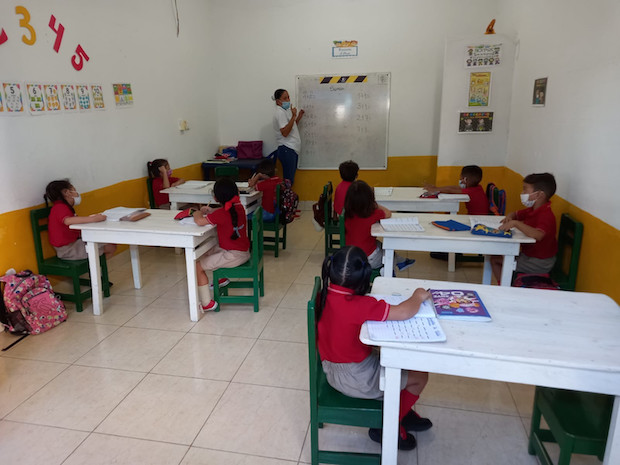
[photo_footer] A group of students retuning to blended classes./ Alianza Solidaria. [/photo_footer]
In total, Alianza Solidaria estimates that up to 1,130 boys and girls could access electronic devices to continue their education thanks to the project.
“The primary purpose of this project is to fight against school dropout rates. We want to try to ensure that children remain in school and acquire the necessary skills to cope with the challenges that the future will bring them”, explained Capa.
Furthermore,“these classrooms will have trained volunteers to accompany the children in this type of teaching. But we do not only want to open these classrooms, with their volunteers, for the benefit of our children, but they will also be open to children in the area who need them”, underlined the president of Alianza Solidaria.
Alianza Solidaria insists that “this type of virtual education has come to stay”, and they assure that it is necessary to create "the conditions so that children in vulnerable situations can access it”.
If not, “there will be a lost generation of children who will no longer have the possibility of improving their future, or will have it worse than their parents”, they warn.
You can learn more about this project here (in Spanish).

Las opiniones vertidas por nuestros colaboradores se realizan a nivel personal, pudiendo coincidir o no con la postura de la dirección de Protestante Digital.
Si quieres comentar o